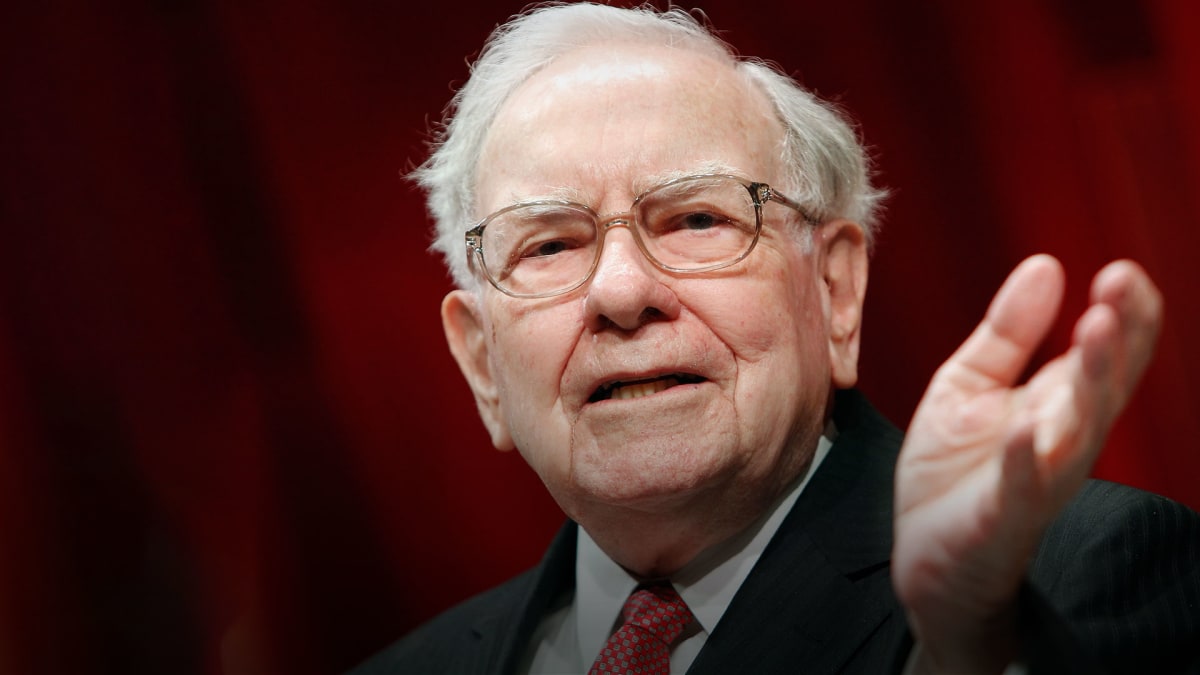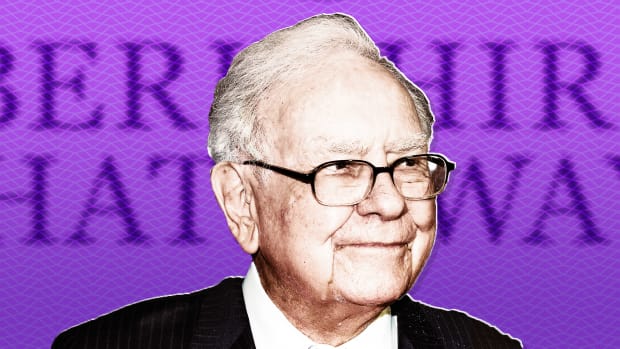
Famous and influential CEOs and investors couldn't escape two questions in recent months.
The first is whether the Federal Reserve should pivot its rate hike policy that began last year to combat stubborn inflation in the face of the economic slowdown.
The other question is related to the first: is the dollar in the process of losing its status as the world's reserve currency, or de-dollarization, that it has had since the end of World War II?
This question arises from blunt headlines saying that Russia is now considering using China's yuan for its global trade. Then talk followed that Saudi Arabia, a major US ally, was considering charging in yuan for its oil exports to China.
Things accelerated: France was reportedly considering buying gas from China with yuan, while Brazil and Beijing were considering no longer using the US dollar in their bilateral trade relations.
The avalanche of rumors about the demise of the US dollar was such that some headlines said that the Brics countries -- an acronym for Brazil, Russia, India, China, and South Africa -- were considering developing a new reserve currency, while India was in the process of settling some trades in rupees.

Taylor Hill/FilmMagic/Getty/TheStreet
No Alternative
All this news had a common theme: The de-dollarization of the world economic stage was under way.
The greenback had lost or was in the process of losing its place as the top choice in world trade and finance, this theme suggested. It was circulating mostly among conservatives and critics of the policies of President Joe Biden's administration. The death of the US dollar on the global stage was inevitable, they predicted.
This narrative is based primarily on the fact that in the aftermath of World War II, the US gross domestic product accounted for almost half the world's GDP, a situation that placed the US dollar as the main currency of global exchange, store of value and unit of accounting.
But the US economy is no longer as dominant as it was, these critics say, so the reign of the US dollar is also nearing the end.
The legendary investor Warren Buffett has just been asked the question by a 13-year-old girl during the shareholders' meeting of Berkshire Hathaway (BRK.A), his holding company.
"Over the past few years, the Federal Reserve has telegraphed that they intend to monetize the debt by printing trillions of dollars, even as they insist that they're fighting inflation," the teenager said. "Already other major economies in the world such as China, Saudi Arabia, and Brazil, are moving away from the dollar in anticipation of this. My question is, are we likely to face a time in the future when the US dollar is no longer the global reserve currency?"
"How is Berkshire prepared for this possibility? And what can we do as American citizens to attempt to shelter ourselves from what's beginning to look like the beginnings of de-dollarization?"
Buffett responded bluntly. He said he was not worried about other countries trying to reduce their reliance on the US dollar. For him, there is no risk of another currency replacing the US dollar as the world's reserve currency. In contrast, he warned the federal government against overspending because it could erode the value of the greenback and fuel inflation. He also warned that overprinting money risks causing consumers to lose faith in the value of their savings, which is not welcome.
"We are the reserve currency. I see no option for any other currency to be the reserve currency," the billionaire said, adding that nobody understands the situation better than Fed Chair Jay Powell even though he's not in control of fiscal policy.
'It's Madness to Just Keep Printing Money': Buffett
"Nobody knows how far you can go with a paper currency before it gets out of control, particularly if you're the world's reserve currency...And you don't want to try and pick out the point where it does become a problem because then it's all over," he argued.
He referred to the aftermath of World War II, noting that inflation grew quickly back then. As a result, "we should be very careful," the legendary investor said, warning that people need to trust that their savings will retain most of their value or they will lose faith in the currency.
"Once you let the genie out of the bottle and people lose faith in the currency they behave in an entirely different manner than they do when they feel whether they put some money in the bank or pension plan or whatever it may be, that they're gonna get to have something with roughly equal purchasing power."
Buffett said that Berkshire is "better prepared" than most investments to withstand inflation, but not "perfectly prepared."
"It's madness to just keep printing money," the billionaire argued.
He admitted, however, that the circumstances which caused the inflation were exceptional, going so far as to speak of "semi war".
When the coronavirus pandemic hit in early 2020, restrictive measures and lockdowns followed to limit the spread of the disease. To avoid an economic disaster, the federal government announced stimulus packages for households and businesses, especially small businesses. This situation led to an imbalance between supply and demand, which led to inflation at its highest level in several decades. The Fed is raising interest rates, which had been cut to near zero throughout the pandemic, in hopes of curbing rising prices for goods and services.
Like Buffett, some experts including Ian Bremmer, founder and president of Eurasia Group, believe that the US dollar is far from losing its throne because there is no viable alternative.
In 1945 the dollar replaced the pound sterling as the currency of global trade. The yuan, they say, cannot replace the dollar despite Beijing's aspirations because China "lacks the investor protections, institutional quality, and capital-market openness required to internationalize a yuan that is still not fully convertible overseas."







